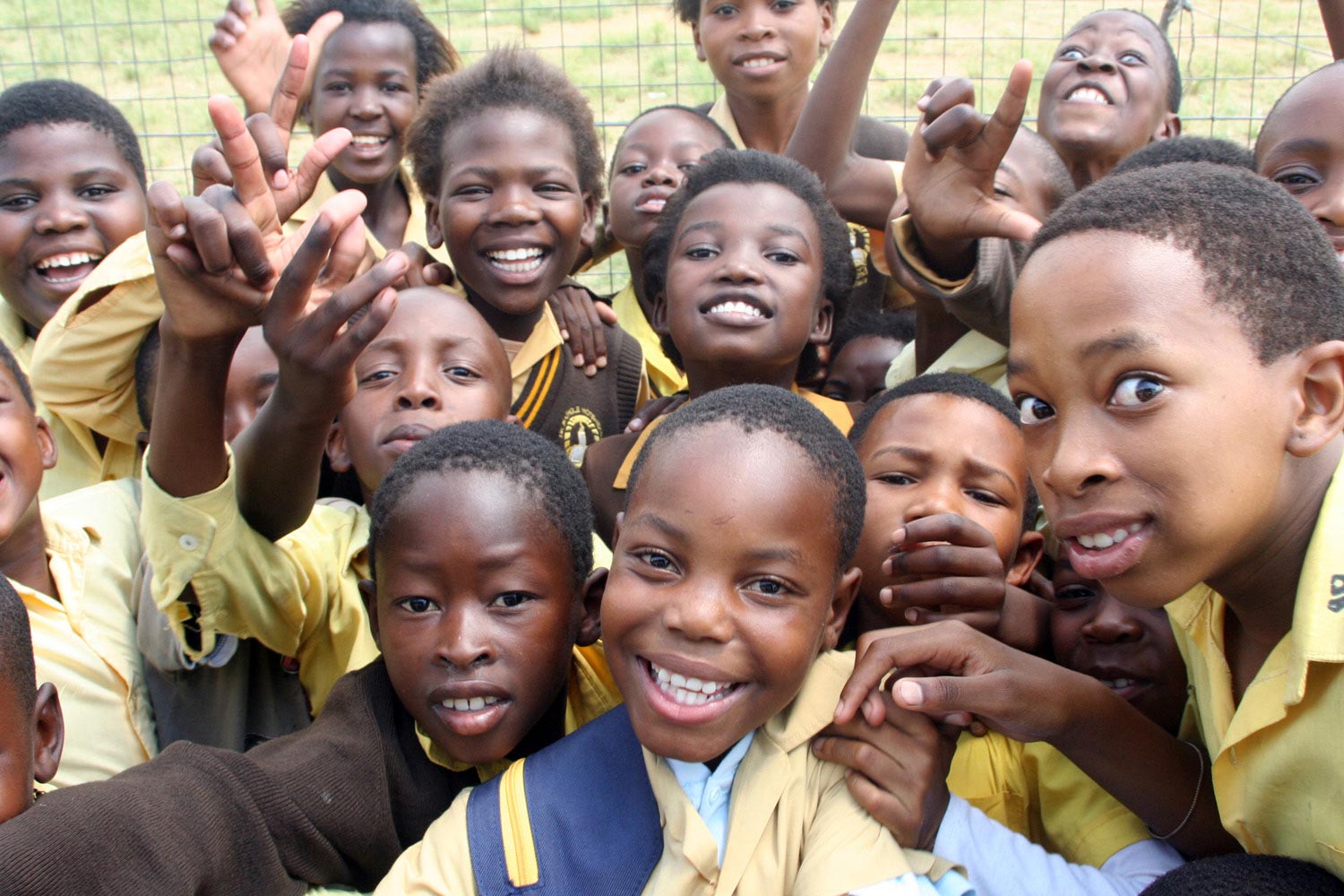It is no longer news that approximately 10.5 million kids are out of school in Nigeria, in proper context 1 out of 7 school children are out of school at the moment. This is one of the highest out of school figures globally; however, the odds are still greater against the girl child in Nigeria, especially in Northern Nigeria where cultural norms and religion has been misconstrued to be against some forms of education. At the behest of Toyin Olakanpo’s The Foundation for Corporate Social Responsibility and Children Rights which organized the 2ndBusiness Forum on Children’s rights and hosted by KPMG Headquarters in London –the pertinent question was asked The Girl Dividend in Nigeria why should CEOs care?
Pauline Rose, professor of International Education at Cambridge University set the stage, stating dismal statistics on the state of the education of the Nigerian girl child. The most stunning of the numbers is Nigeria’s annual appropriation for education which comes to a rather bleak 1.5 percent of our GDP while in other African countries not as endowed as Nigeria, like Tanzania are spending up to 6 percent. Prof. Rose also stated that there is approximately the teacher to student ratio in some states was 1 teacher to 350 students. These statistics makes it almost impossible to bequeath quality education to Nigerian children.
In my submission I outlined the reasons of the dismal figures, which even predates the armed insurgency, socio-cultural reasons still continue to play huge roles in the inadequate enrolment and retention of females in primary and secondary schools. With the rate of early marriage and VVF infections coupled with other reasons of penury, poor educational infrastructure and access to qualified teachers, all these have conspired to further compound the issues confronting the girl child in Nigeria.
In recent times, the biggest threat facing school children has been the insurgency in Northern Nigeria with as much as 500,000 children out of school in Borno State. In Buni Yadi, Yobe State a massacre by insurgents left school children dead, leaving their parents in perpetual grief. Then came the Chibok incidence, where the abducted girls are yet to regain their freedom since April 14, 2014. On the heels of this came the Safe Schools Initiative being spearheaded by the likes of Gordon Brown. At the end, I shared the story of Nafisa Ibrahim Madako, the nomadic girl attending the Maizube Nomadic School, owned by Gen. Abdulsalami Abubakar who came third in a mathematics Olympiad contest organized by the National Mathematics Centre, showing that irrespective of background, the right investment will bring about the right dividends. As regards socio-cultural norms MP Diane Abbot is confident, that time will obliterate such practices as even in the UK a 100 years ago they didn’t believe in the education of women.
For Cecilia Akintomide, the Vice President of the African Development Bank who delivered the key note address opined that CEOs must take a stronger interest in the girl child in Nigeria, because this is primarily where their future workforce will come from. In the future she said 41% of Africa’s workforce will come out of Africa. As such we should invest in their future or end up contributing to the factory line of terrorism. She challenged not only business leaders to build infrastructure or provide frameworks but for individuals to also take out time to mentor girls.
Lord Hastings who is KPMG’s International Global Head of Corporate Citizenship pledged KMPG’s support in galvanizing business leaders in Nigeria to support girl child education; he also shared their experiences in taking over a school in the UK and has seen its failure rate change over time.
Other speakers at the event like Kola Karim of Shoreline group reflected on government’s inertia and un-cooperativeness when private sector initiatives approach them.
At the end of the day, the business leaders in the room made a commitment to girl child education, in an initiative called 100 CEOs for girls. More than a bouquet of hope for the likes of Nafisa Ibrahim Madako.
Alkasim Abdulkadir is currently an Editor at Citizensplatform.net, an Online News portal. He e has worked as a Producer for BBC Media Action and as a news contributor for CNN, Aljazeera, France 24 and Guardian UK. He is Contributing Editor at The Trent.







